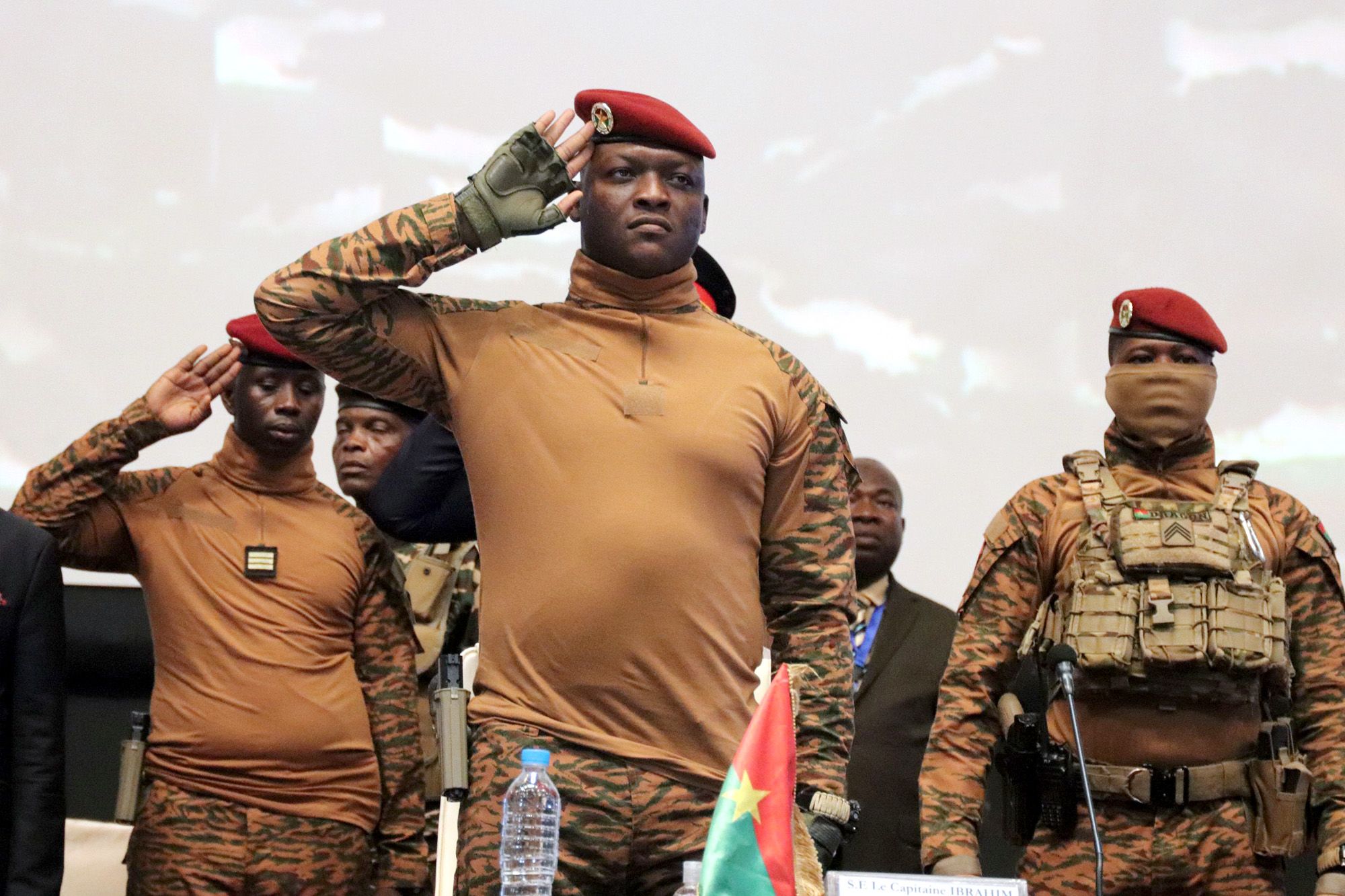
Burkina Faso has taken a decisive step in tightening its legal framework with the unanimous adoption of a law explicitly criminalizing same-sex relations.
Passed by the Transitional Legislative Assembly on Tuesday, September 2, 2025, the legislation imposes prison sentences of two to five years, fines, and, for foreigners, potential deportation.
Justice Minister Edasso Rodrigue Bayala explained that the law, part of a broader reform of the Personal and Family Code, also encompasses the legal recognition of religious and customary marriages and stricter rules for acquiring nationality through marriage.
“Fines are imposed alongside imprisonment, and expulsion for foreigners is systematic,” he said, framing the reform as a defense of the country’s “traditional values.”
The law was adopted unanimously by all 71 members of the Transitional Legislative Assembly, which is dominated by the military junta led by Captain Ibrahim Traoré. Since seizing power in a coup in September 2022, the 37-year-old leader has pursued a sovereignist policy, openly challenging what he calls “Western values.”
Burkina Faso now joins a group of around thirty African countries where same-sex relations are illegal.
Neighboring Mali, also governed by a military junta, introduced similar legislation in November 2024.
Across the continent, penalties range from several years in prison to life sentences in countries such as Tanzania, Sierra Leone, and Gambia, with Nigeria and Malawi setting maximum sentences of fourteen years.
The law is expected to exacerbate an already restrictive social climate.
Freedom of expression and minority rights have been under pressure in recent years. In August 2023, the High Council for Communication banned television channels accused of “promoting homosexuality.”
Human rights advocates warn that criminalization could fuel discrimination, harassment, and arbitrary prosecutions against LGBT individuals, forcing many to live in secrecy.
Critics argue that the legislation undermines individual freedoms while consolidating the junta’s control over society. Supporters, however, frame it as a reinforcement of Burkina Faso’s cultural and moral values, reflecting a broader regional trend toward stricter regulation of sexual minorities. The law’s adoption signals a challenging period ahead for human rights defenders and sexual minorities in the country.



